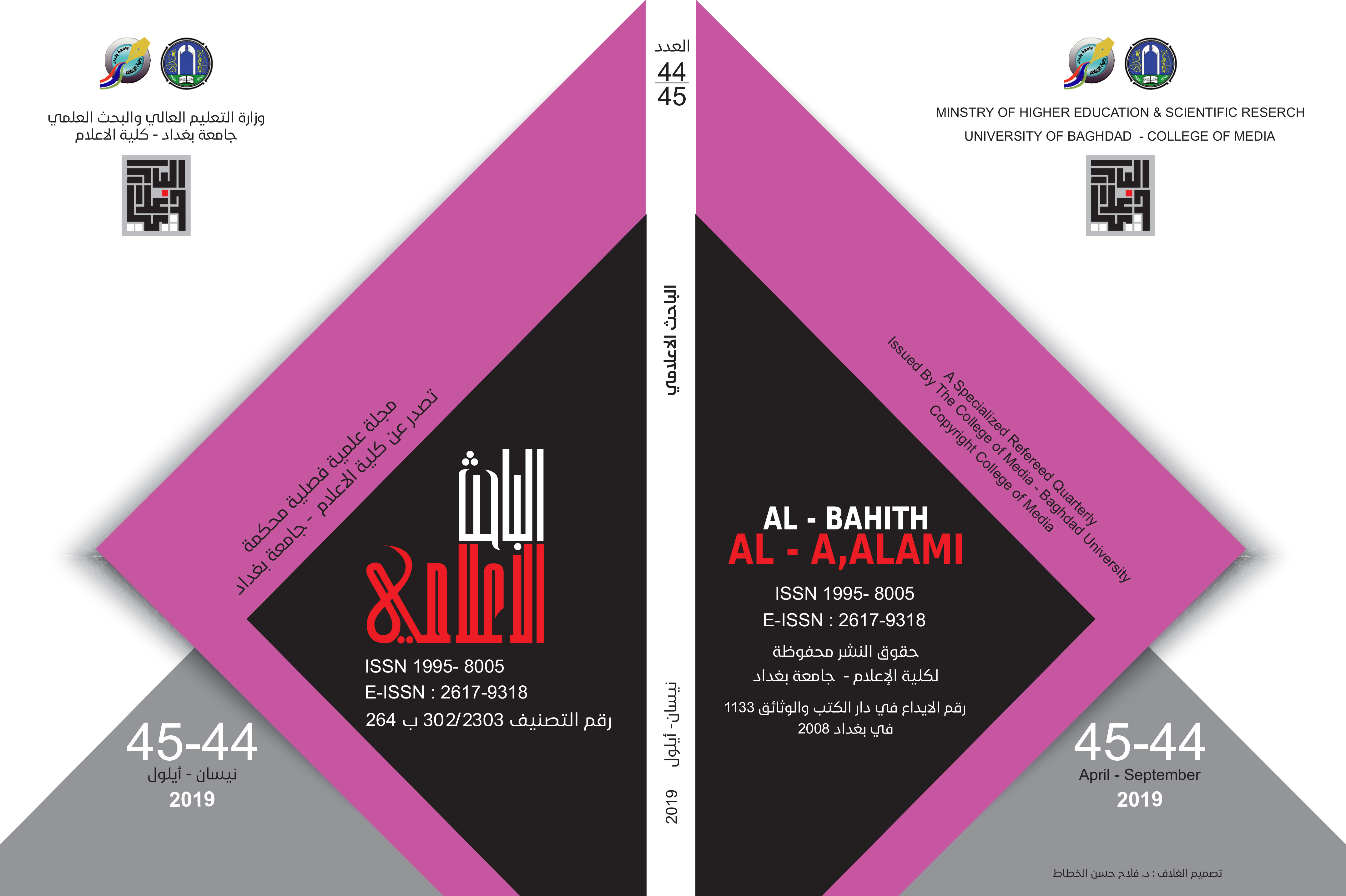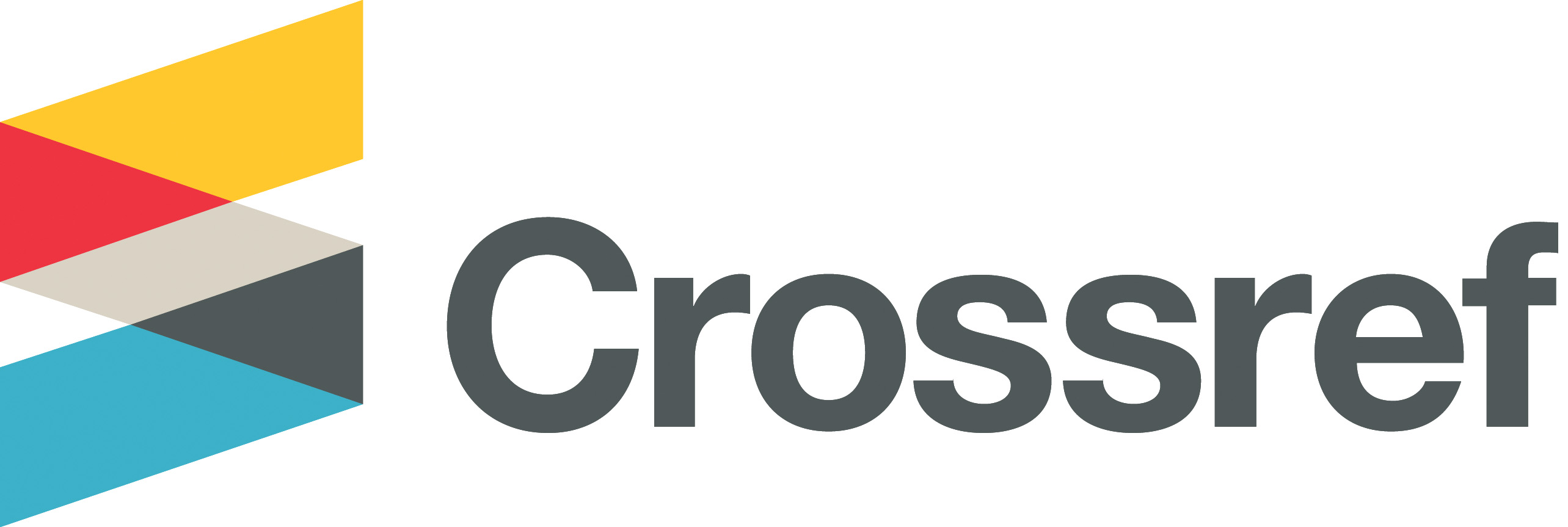Graduate Media Students’ Satisfaction Level in Their Program of Study: The level of Satisfaction about the Study Programs of the masters of Media students / Case Study of Media faculties’ students at “Yarmouk University,
DOI:
https://doi.org/10.33282/abaa.v11i44.279Keywords:
Measurement, satisfaction, media, Jordan Universities.Abstract
The current study is considered a field study to measure the level of satisfaction of the academic programs of Media Masters students. That was accomplished through surveying the attitudes of the students who are enrolled in the faculties of media at the following universities: (Petra University, The Middle East University (MEU), and Al-Yarmouk University). Those students were enrolled in the master’s program within the formal educational system during the second semester of the academic year (2015 – 2016). This survey aims to identify the services, facilities and academic programs provided by the concerned faculties. It, also, aims to identify the public relations, administrative, educational and services aspects of those faculties. It, also, aims to identify the role of those significant aspects in eliminating the problems and obstacles facing students in a way that improves the scientific level of those students and provides them with a proper academic climate.
The reported answers of the (72) participants focused on the characteristics of those samples and the academic and motivational requirements needed by those respondents. The results show that the most prominent problem facing master students of media is the increase in university fees and payments by 14 %. The study, also, highlighted students’ most prominent suggestions to develop the master program is (introducing empirical courses and reducing the university’s fees by (32 %).
The study aims to identify the work pattern of the media faculties in the previously mentioned universities and to know how efficient those programs are from the students’ point of view and they listed some solutions for the obstacles that might hinder their performance by identifying the study problem in which the students face academic difficulties and administrative pressures.
Downloads
References
2. Abdulrazaq al-Dulaimi and Mohamed Sahib Sultan/media researcher Magazine, No. 26, Baghdad: December 2014.
3. Abdullah Zein al-Haidari/New media: Order and Chaos/International Conference research (New media: New technology for a New World) University of Bahrain, April 2009.
4. Abdel Ghani Imad/sociology of culture – concepts and problems from modernity to globalization), Beirut, Centre for Unit studies: 2012.
5. Omar Ahmed Mustafa/scientific research, concept, procedures and curricula, Al Falah Library, Kuwait: 2008.
6. Salem Abdulla/Social exchange theory, unpublished master thesis, Faculty of Administration and Humanities, King Abdulaziz University, Saudi Arabia: 2013.
7. Mohammed Najib Al-Sabrayrah/Human resources management Strategy, I (1), Major printing and publishing house, Amman: Jordan: 2011.
8. Mirvat Awad Allah/catalytic effect and role in job satisfaction for employees, unpublished master thesis, Graduate school, Administration and Economics, Gaza: 2012.
References:
Abdullah May, Theories of Communication. Arab Renaissance, I, Beirut, Lebanon, 2006.
Abdullah May, Communication in an Era of Globalization: New Role and Challenges. University House for Printing and Publishing, Beirut, Lebanon, 1999.
Al-Tuwairqi Abdullah, Mass Media Journalism. Obeikan Library, Saudi Arabia, 1997.
Ashalh, shower, internet, and television: in the context of the sociology of media. City Press, 2003.
Currang and Gureritch ‘ M ‘, Mass media and Society 2.nd Edition London, UK: Edward Arnold.
Elifah Gamal, Mass Culture. Baji Mukhtar University, Annaba, 2003.
Ismail Abdullah Sufi, Modern Technology, Education and Education. Dar Al Riwaq, Amman, 2002.
Todd hunt.James M/Gruing. public Relations Tecnigues Harcourt Brace college publish ERS, USA:1994.
Downloads
Key Dates
Published
Issue
Section
License
Copyright (c) 2019 outhor

This work is licensed under a Creative Commons Attribution 4.0 International License.
Authors retain copyright and grant the journal right of first publication with the work simultaneously licensed under a Creative Commons Attribution License (CC BY 4.0) that allows sharing the work with recognition of authorship and initial publication in ABBA journal.


















